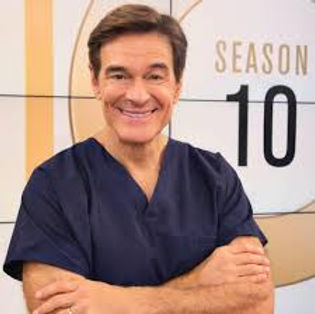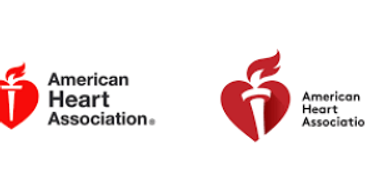Nov 21, 2020
Dear Sir or Madam:
I am utterly dismayed that you people continually send to your customers misinformation about what is a healthy diet. You list what you call the “Good” fats and the “Bad” fats, and you are dead wrong about seven of the 16 that you list. “Unsaturated Fats” are labeled the good fats, and “Saturated Fats” the bad fats. If you’re concerned
about the health of your clients, and the health of your company, you will do some research and learn that much of what our medical establishment tells us is completely false. Many scientific tests show this, but conventional medicine and the mainstream media (of which I once was a part) ignore these tests and go about their business of misleading the public as usual.
Saturated fats are not – I repeat, NOT – harmful. Several varieties of saturated fat exist, and they are either neutral to one’s health or beneficial. Thus, these foods, which you list as containing the “bad” fats, are in fact healthy: cheese, butter, whole milk, fatty cuts of meat, and palm oil. You place butter and margarine in the same category, and they are totally different. Margarine is high in trans fats, which are indeed harmful.
Also high in trans fats are most vegetable oils, which you list as “good” fats. These oils have undergone hydrogenization, which turns them into killer trans fats. Some peanut butters contain these hydrogenized oils.
Second Attempt
I have tried before to enlighten you on the harm you are causing your clients with this wrong advice, to no avail. (Company name) is run by people who cannot think outside the box. You could be advising people about the fallacies of pronouncements by such organizations as the American Heart Association, the American Lung Association, and the American Medical Association. Instead, you echo them, blindly following their dictums. If you delved beneath the opinions that they propagate as fact, you would discover that you are being misled.
In 2010 and 2014, reports from analyses of huge numbers of studies conducted over several decades showed that high consumers of saturated fats had no more incidence of heart disease than low consumers of saturated fats. And autopsies showed that people with high cholesterol lived longer than those with low cholesterol. Plus, an abundance of other research and evidence has reached similar conclusions.

Dr. Mehmet Oz
I am testament to the validity of these studies. Though I was not a part of any of them, if I had been, the results would have coincided with the overall findings. I eat two eggs daily, relish the skin on chicken thighs and wings, delight in beef and chicken liver, fry with coconut oil, slather my vegetables with butter, top my daily salad with blue cheese, and use whole, organic milk, not the junk with the healthy fat removed, in the few instances when I need milk for a recipe. All of these are high in saturated fat, and such high-profile physician personalities as Dr. Mehmet Oz would tell me I’m at high risk of heart disease. I’m here to tell Oz and his fellow purveyors of medical myths that the numbers from my blood work invariably are sterling, with low triglycerides, a ratio of HDL to total cholesterol of 40% (25% is considered good), and blood pressure well within the desired range. To be honest, I do exercise intensely, though briefly, every other day, which increases HDL.
What I avoid is foods high in carbohydrates and polyunsaturated fats, the ones that the conventional medical gurus hail as healthy, but which American diets are overloaded with.
Thus, by violating your advice on a healthy diet, I save you a lot of money in treatment expenses. If all of your clients followed a similar diet, you would be wallowing in money, and be able to charge us and the government a lot less for your services.
Educate yourselves instead of accepting carte blanche the exhortations promulgated by the medical establishment. Read a report in the April 24 issue of the American Journal of Medicine, titled Time for a New Approach to Reducing Cardiovascular Disease: Is Limitation on Saturated Fat and Meat Consumption Still Justified? Here’s the link: https://www.amjmed.com/article/S0002-9343(20)30351-X/fulltext .
Your short-sightedness is likely to cost you the enrollment of enlightened customers – such as I.
Sincerely, Robert Brink

